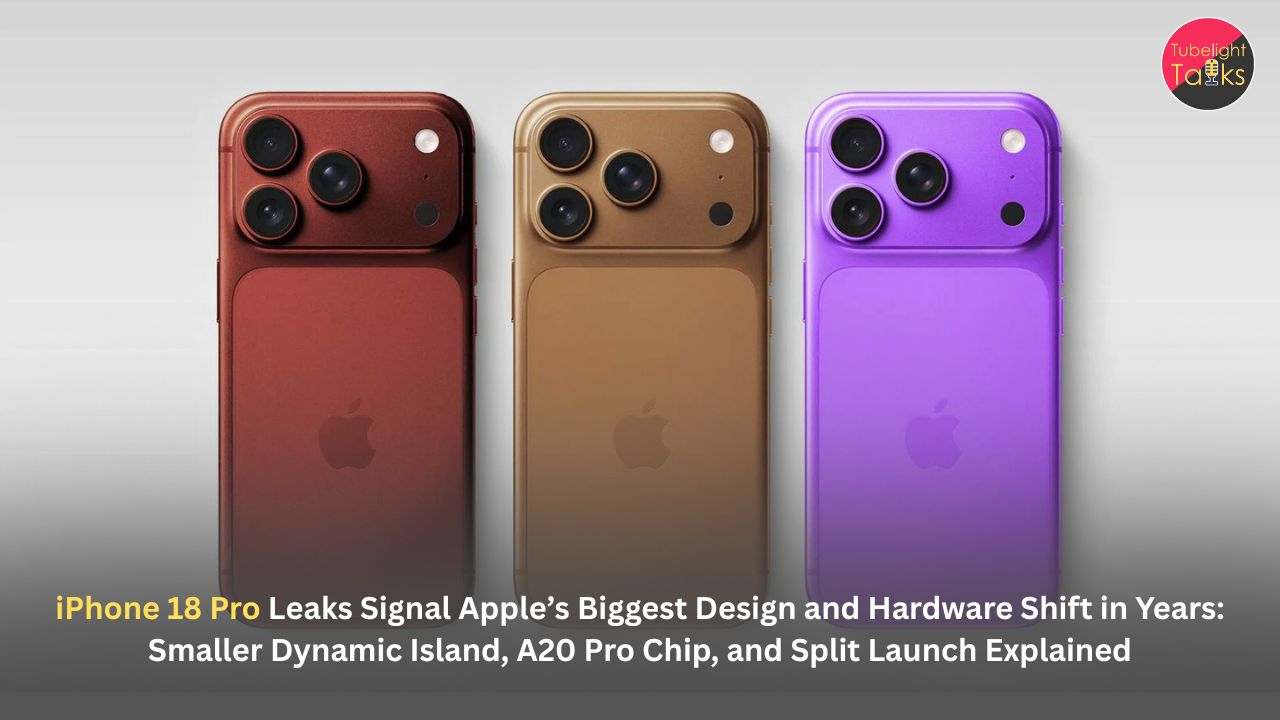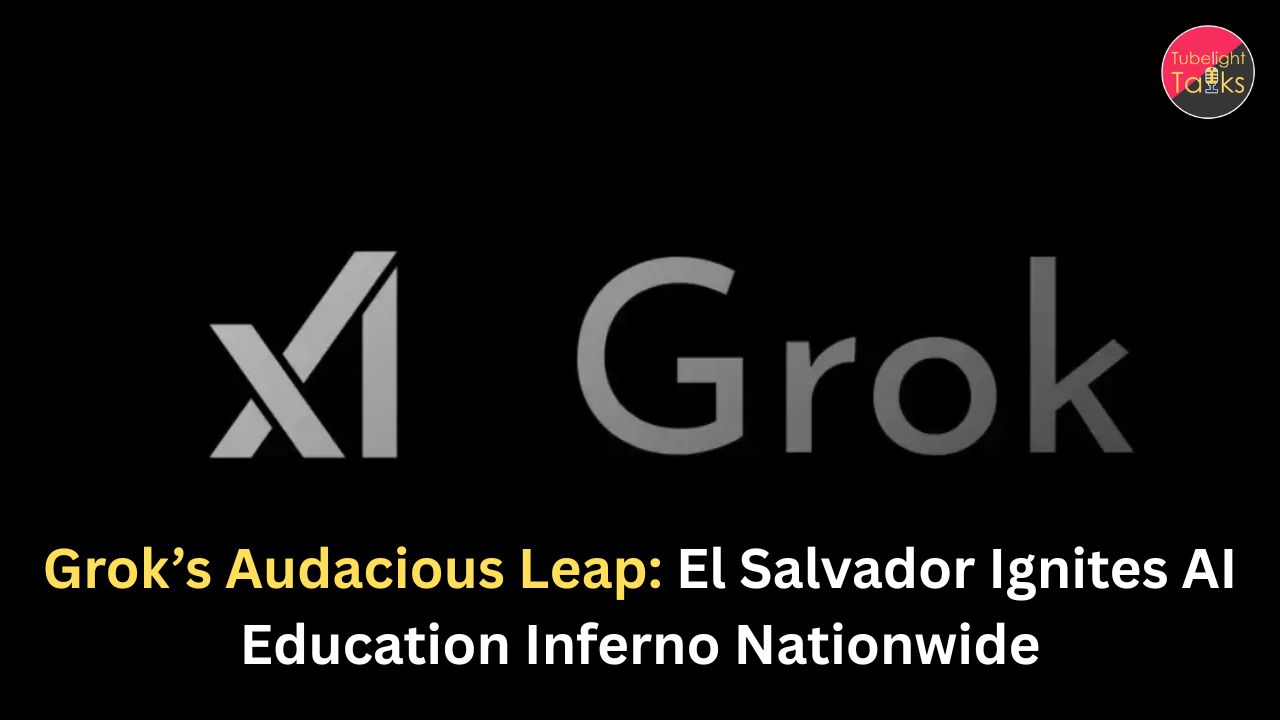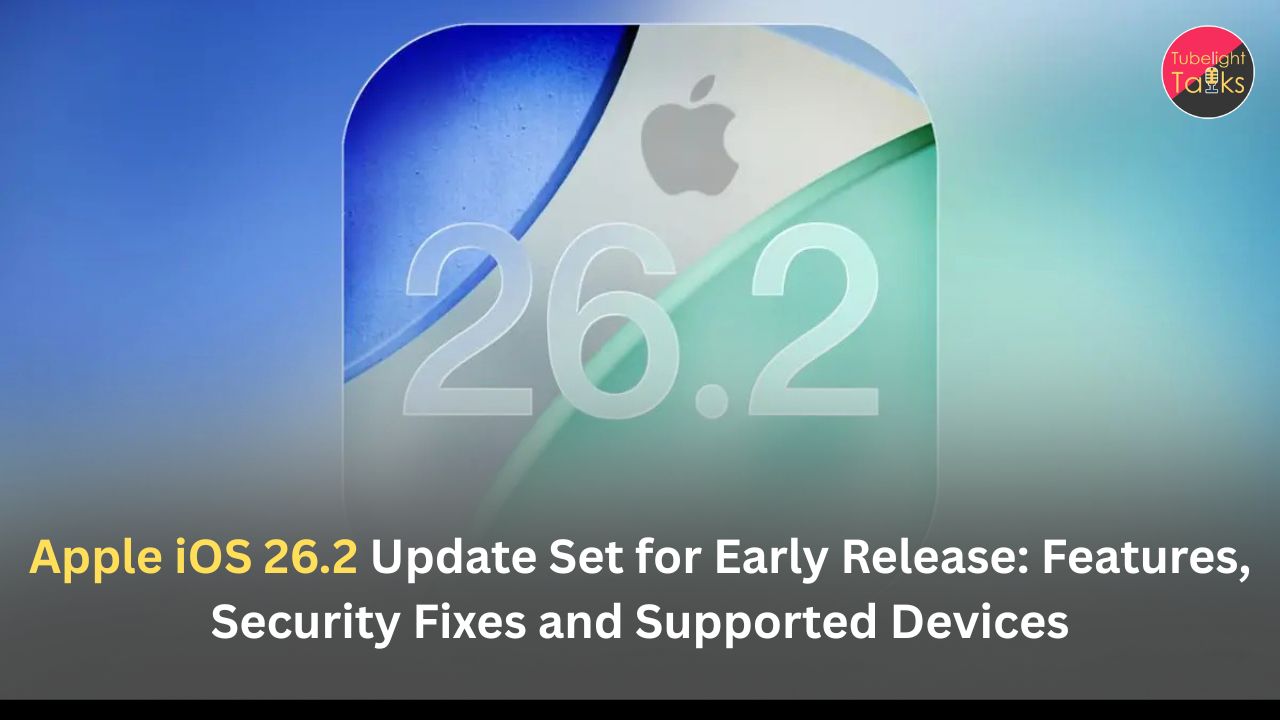WhatsApp-Meta Data-Sharing: India’s biggest privacy-competition fight just reshaped how advertisers think about WhatsApp, Facebook and Instagram in the country. In November 2024, the Competition Commission of India (CCI) found that WhatsApp’s 2021 privacy policy imposed unfair terms on users and abused dominance, fining Meta ₹213.14 crore and barring WhatsApp-to-Meta data sharing for advertising for five years.
In November 2025, the National Company Law Appellate Tribunal (NCLAT) lifted the data-sharing ban but upheld the fine, calling the remedy insufficiently justified. The result: fines stand, but the strictest curb on ad data-flows no longer applies—while India’s Digital Personal Data Protection (DPDP) Act still sets a high bar for consent-led advertising.
What the CCI Actually Ordered (Nov 18, 2024)
- Abuse finding: The CCI held that WhatsApp’s 2021 privacy policy forced users into broader data sharing with Meta companies to keep using the app—an unfair condition under Section 4, leveraging dominance in messaging to benefit Meta’s online advertising.
- Penalty: ₹213.14 crore on Meta.
- Remedy: A five-year restriction on sharing WhatsApp user data with other Meta entities for advertising (the headline “data-sharing curb”).
Primary source: CCI’s 18 Nov 2024 order (158 pages). Key passages link WhatsApp policy changes to Meta’s ad tech advantages, and prescribe a five-year data-sharing curb.
The Appeal: What NCLAT Changed (Nov 4, 2025)
- Ban lifted, fine stays: The NCLAT set aside the five-year data-sharing ban but upheld the ₹213.14 crore fine. The tribunal said the CCI didn’t sufficiently substantiate why a blanket prohibition on WhatsApp→Meta data-sharing for ads was necessary and proportionate.
- Leverage theory toned down: Multiple reports note the tribunal diluted aspects of CCI’s “leveraging dominance” theory (Section 4(2)(e)) in this context, narrowing the cross-market abuse finding even as the penalty remained.
- Procedural posture: Meta/WhatsApp gained partial relief; the merits around privacy/competition interplay remain influential for platform governance in India.
So Are Data-Sharing Curbs “Gone”? The Practical Status
- As of mid-Nov 2025: The specific CCI remedy barring ad-related data sharing between WhatsApp and other Meta entities has been overruled by the appellate tribunal. The penalty stands.
- But the compliance bar hasn’t dropped: Any ad-targeting that touches personal data must now navigate the DPDP Act (consent quality, withdrawals, notices, child data prohibitions) and sectoral rules—irrespective of the competition case’s remedy.
- Global shifts matter: Meta’s broader policy to use AI interactions for ads (outside EU/UK/KR) raises fresh disclosure/consent questions for India under DPDP once Rules are notified. Brands should treat this as a material change in data sources powering targeting.
The DPDP Act Lens: Consent for Ads in India
- Consent standard: DPDP requires free, specific, informed, unambiguous consent with clear affirmative action; easy withdrawal is mandatory. Data fiduciaries carry the burden of proof that valid notice and consent were obtained.
- Children’s data: For under-18s, verifiable parental consent is required and targeted advertising to children is restricted/forbidden per Act and forthcoming Rules—affecting teen-heavy surfaces like Reels/short video and click-to-WhatsApp flows.
- Draft Rules 2025 (pending final): Government consulted the public on DPDP Rules detailing consent notices, breach reporting, and consent-manager rails; MEITY has indicated the Rules’ release timeline. Expect compliance clocks to start soon after notification.
Ripple Effects on Targeted Ads: What Changes for the Ad Stack
Targeting & Measurement on Meta Surfaces
First-party vs. platform-pooled data
Even with the NCLAT relief, advertisers should not assume “old normal.” Any use of WhatsApp engagement data to refine targeting on Facebook/Instagram must be grounded in DPDP-grade consent and transparent notices (e.g., click-to-WhatsApp ad journeys where a phone number or chat metadata may become an input to targeting systems).
Children & youth audiences
Segments with significant <18 footprints need explicit gating and auditing. Campaigns must verify age filters and avoid interest proxies that could indirectly target children, given anticipated Rules and strict parental-consent requirements.
“AI interaction data” as a signal
Meta’s plan to use AI chat/product interactions for ads elevates disclosure/opt-out design. Indian users are outside the EU/UK carve-outs; that places a premium on DPDP-compliant notices and withdrawal flows visible within apps. Brands should expect policy enforcement around misaligned data sources in ad targeting.
Click-to-WhatsApp, Catalogs & Business Messaging
“CTA → chat” journeys
When a customer clicks “WhatsApp us” from an ad, consent captured in downstream flows must map clearly to how the brand (and platform) will use the data: replies, follow-up messages, and any cross-platform ad targeting. Keep separate, granular toggles for marketing vs. service.
Retargeting & custom audiences
Uploading or syncing customer lists from WhatsApp Business to build lookalikes on Facebook/Instagram demands provable consent aligned to that purpose. The onus is on the advertiser (data fiduciary) to show lawful basis and proper notices.
Measurement, Conversion APIs & Signal Loss
Fewer “silent” data pipes
Expect tougher scrutiny of server-side events (CAPI) that derive from WhatsApp conversations. If your pixel/CAPI setup infers events from chat engagements, document the consent chain and data-flow map.
Audits & red-teams
Agencies should “red-team” client stacks: enumerate data sources, match each to notices/consent captures, and test withdrawal UX. This is now core risk management under DPDP and relevant to any future antitrust scrutiny.
Competition vs. Privacy: What the Case Teaches
The CCI stepped into privacy-adjacent competition terrain: it linked policy-driven data pooling to potential ad market power and imposed a conduct remedy (five-year curb). The NCLAT found the evidence didn’t justify that particular remedy, though it endorsed penalty and core abuse findings. For platforms, the takeaway is twofold: (1) forcing policy changes can look like exploitation of dominance; (2) remedies must be proportionate and well-reasoned, or risk reversal on appeal.
Privacy, Power, and the Duty of Restraint
When technology can predict so much about us, the test of character is what we choose not to collect. Sant Rampal Ji Maharaj spiritual teachings emphasise truthfulness, non-harm, and service as daily disciplines. Applied to digital life, that looks like honest notices, freely-given consent, and a willingness to say no to intrusive profiling—even when the law might allow it.
Contemporary discourses by Sant Rampal Ji Maharaj call for restraint and compassion in conduct; mapping that ethic onto product and ad design means foregrounding user dignity over short-term campaign lift. It is a higher standard than mere compliance—and one India’s DPDP era invites us to adopt.
Read Also: India’s DPDP Rules 2025 Explained: Status, Core Obligations, Cross-Border, and a 30-Day Action Plan
FAQs: WhatsApp-Meta Data-Sharing Case
1) Did India really “ban” WhatsApp→Meta ad data sharing?
Yes—CCI (Nov 2024) imposed a five-year curb alongside a ₹213.14 cr fine. But NCLAT (Nov 2025) lifted the curb while upholding the fine. Ad data-flows must still respect DPDP consent rules.
2) What does the NCLAT ruling change for advertisers?
It removes the blanket competition remedy against data sharing, but does not relax DPDP duties. Treat consent and child-ads safeguards as non-negotiable.
3) How strict is consent under DPDP?
Consent must be free, specific, informed, unambiguous, with easy withdrawal; the fiduciary must prove it. Notices will be standardised in Rules.
4) What about using AI chat interactions for ads?
Meta plans to use AI chat/product interactions to improve targeting (outside EU/UK/KR). In India, that requires clear notice/consent mapping once Rules are notified.
5) Is there any risk that stricter curbs return?
Further appeals or new investigations are always possible. Regardless, DPDP creates a durable consent regime that will shape ad practices even without competition remedies.










